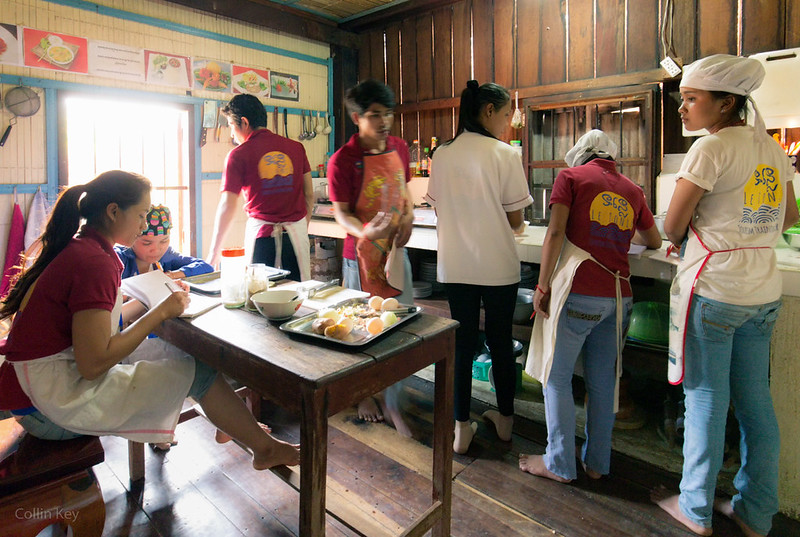Youth unemployment has become a pressing issue, further exacerbated by the Covid-19 pandemic. As more young people opt to stay in school rather than enter the labour market, they often find themselves ill-equipped with the skills employers seek. The challenge lies in addressing the skills ”knowledge” gap, where young individuals are unaware of the skills required for future employment opportunities. This gap must be minimised to empower youth to thrive in the job market – but how is it best realised?
Collaboration in the Classroom-Career Transition
The transition from education to work is a critical time for young individuals, and it requires concerted efforts from both employers and the education system to bridge the skills gap and empower youth for employment. By fulfilling their respective roles, employers and the education system can create a conducive environment where young people are equipped with the necessary skills and knowledge to thrive in the job market.
The Role of Employers
Employers play a crucial role in addressing the skills gap among young people. They have a responsibility to identify the skills and competencies needed in the labour market and actively participate in the training and development of youth.
Collaborating with educational institutions can help employers align their required skills with the job market. By providing input on the skills needed for specific industries or sectors, employers can contribute to designing relevant and practical training programs.
By contributing to the design of relevant and practical training programs and offering internship and apprenticeship opportunities, young individuals can gain hands-on experience and enhance their employability.
Employers can provide opportunities to bridge the gap between theoretical knowledge and real-world application. These programs allow young people to acquire industry-specific skills and enhance their employability. Flexible working arrangements, such as part-time or remote work, can also accommodate students and young individuals pursuing education alongside employment, increasing their chances of career success.


